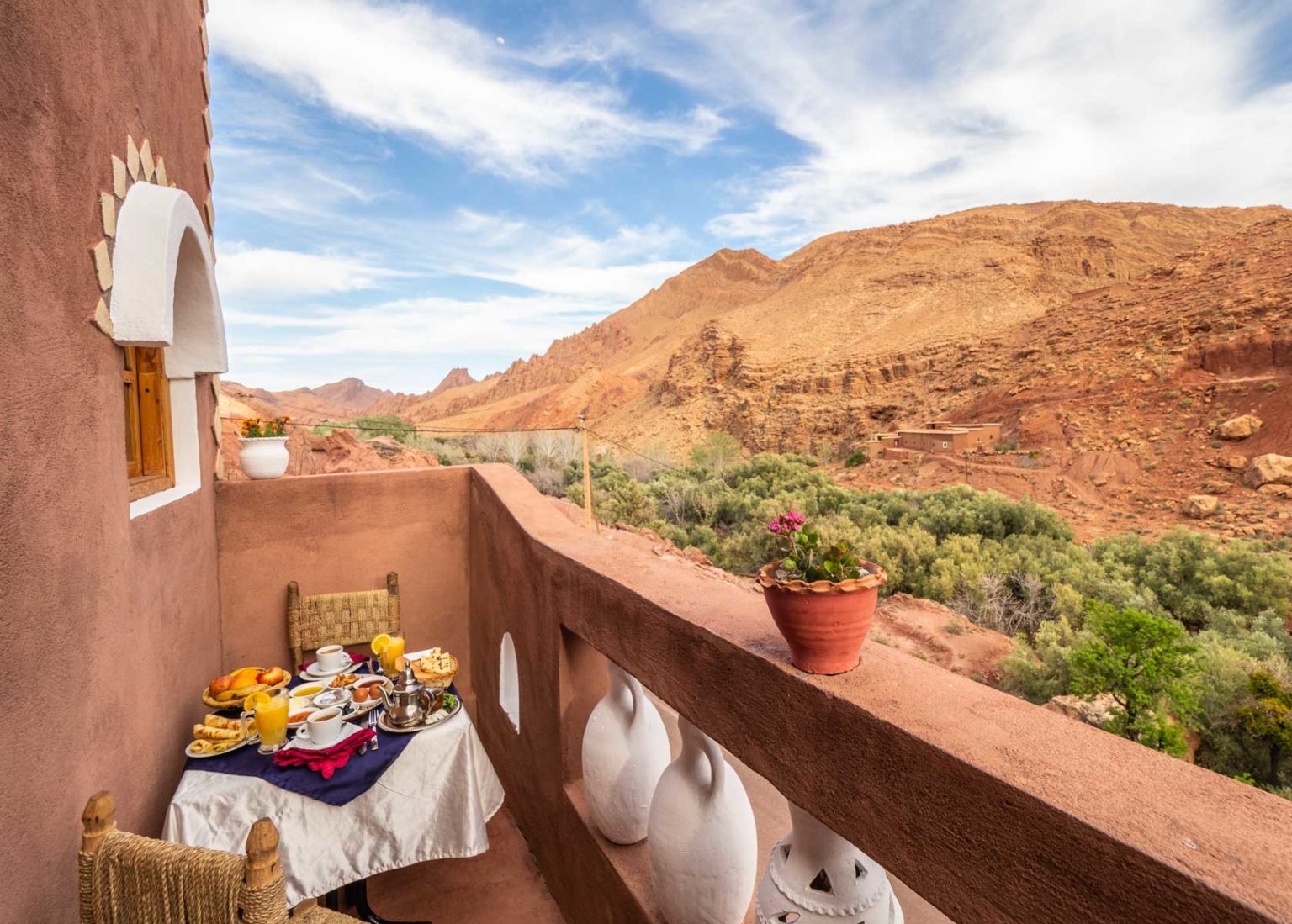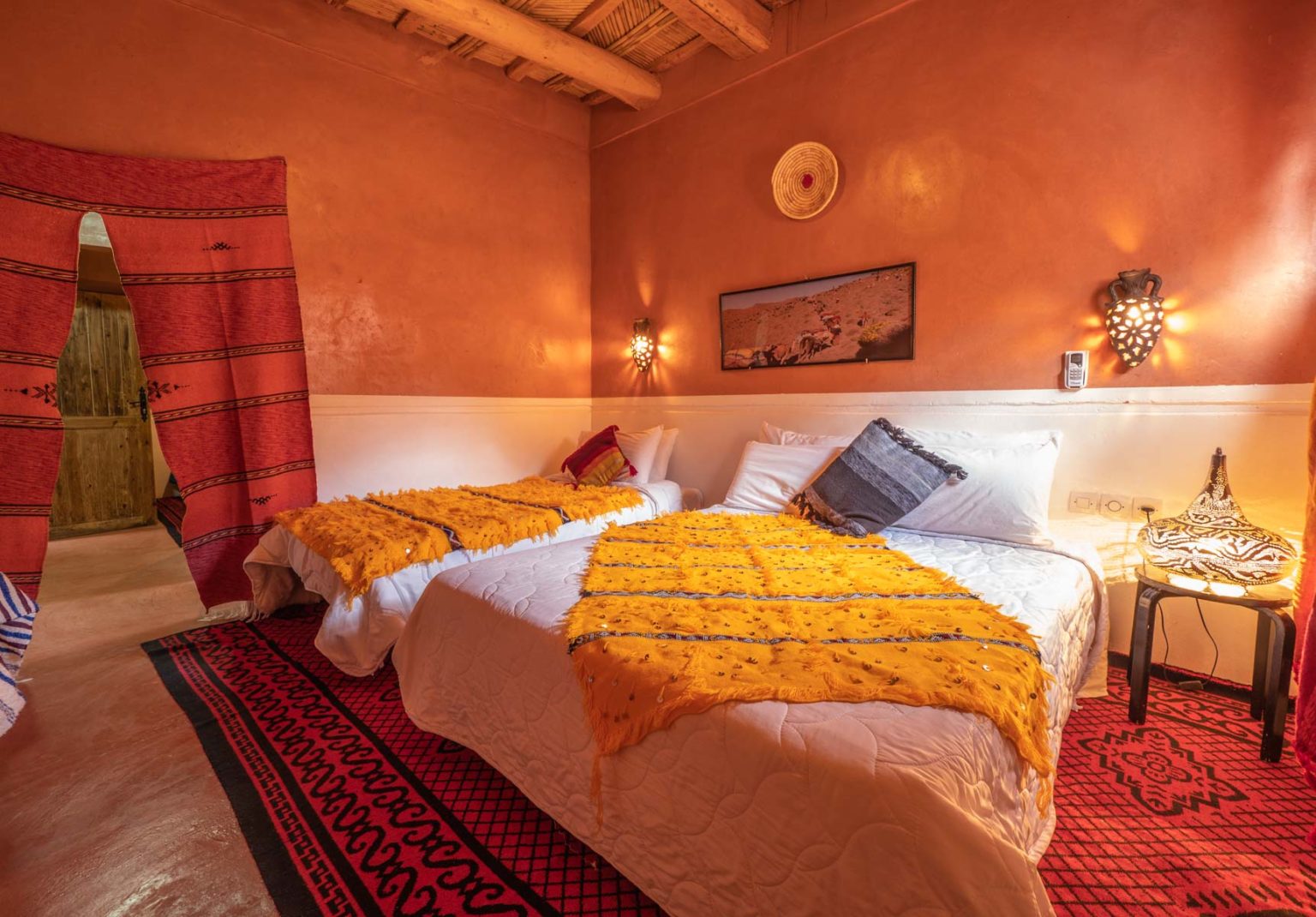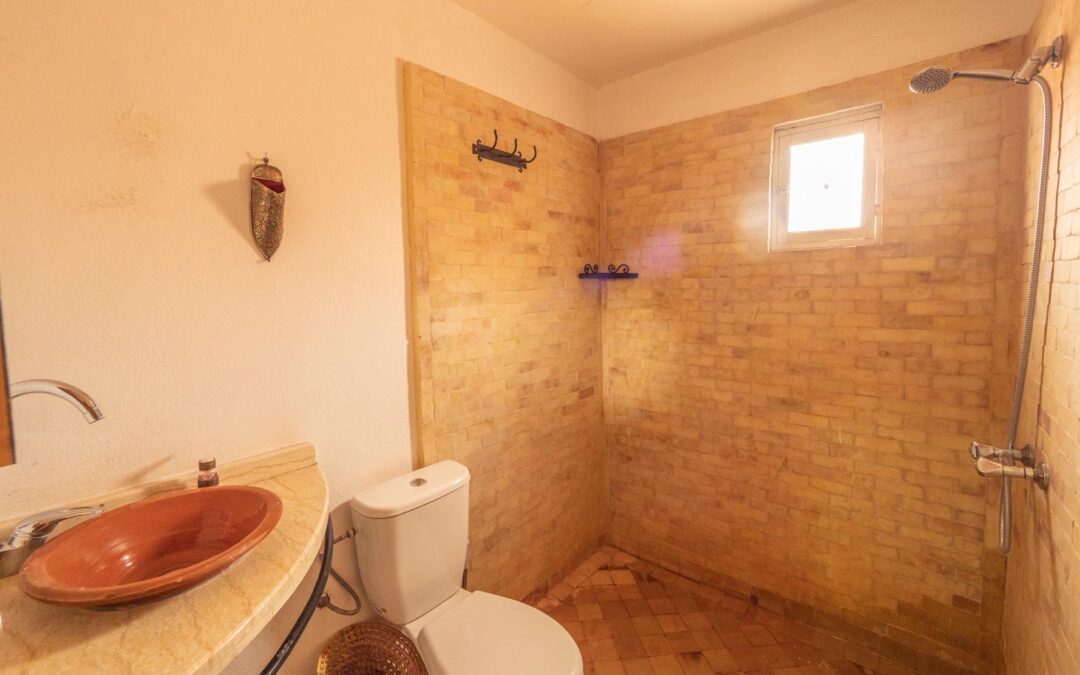
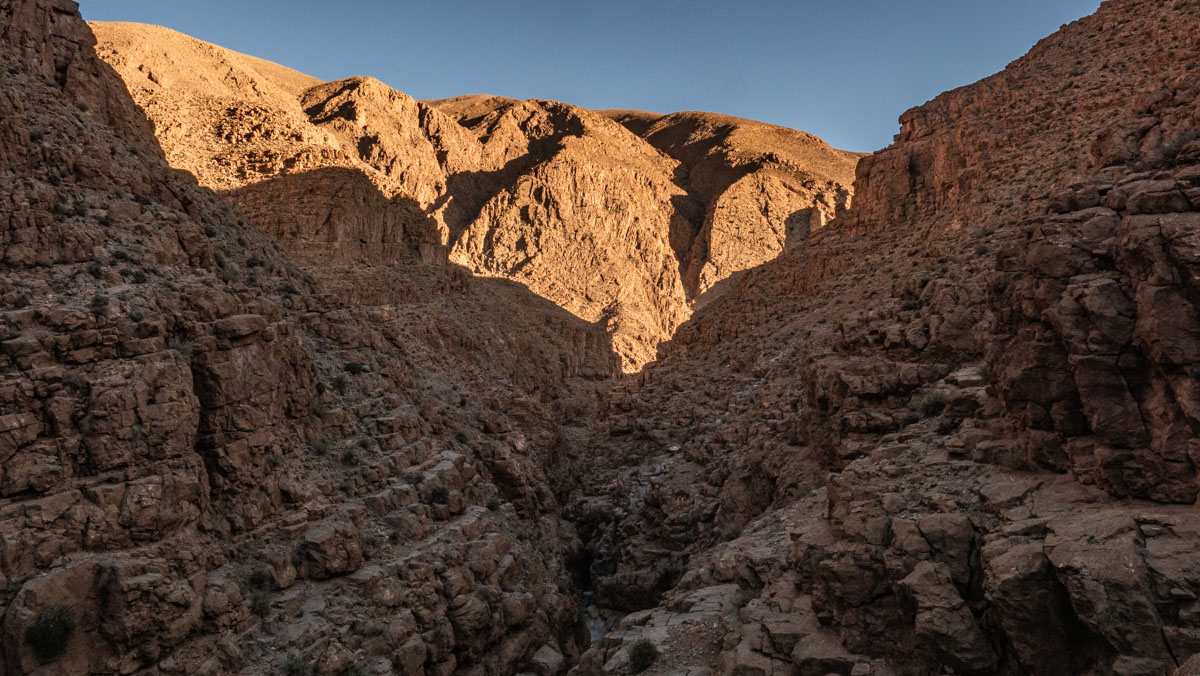
Berber Wedding Traditions: A Look at the Celebrations
The Berber wedding traditions are a fascinating glimpse into the rich cultural heritage of Morocco. These celebrations, deeply rooted in tradition and symbolism, offer a unique insight into the customs and rituals of the Berber people. In this article, we will explore the various aspects of Berber wedding celebrations, from pre-wedding rituals to the actual ceremony itself.
Pre-Wedding Rituals
Before the actual wedding ceremony takes place, there are several pre-wedding rituals that are observed in Berber culture. One of the most important of these is the negotiation of the marriage contract, known as the “Aqd n-Nikah.” This contract outlines the rights and responsibilities of both the bride and groom, as well as the terms of the marriage.
Another important pre-wedding ritual is the “Henna Night,” where the bride’s hands and feet are decorated with intricate henna designs. This ceremony is a symbol of beauty and good luck, and is often accompanied by music, dancing, and feasting.
The Wedding Ceremony
The Berber wedding ceremony is a joyous occasion filled with music, dancing, and traditional rituals. One of the most important aspects of the ceremony is the exchange of vows and rings between the bride and groom. This symbolizes their commitment to each other and their new life together.
During the ceremony, the bride is adorned in traditional Berber attire, which often includes vibrant colors and intricate embroidery. The groom also dresses in traditional clothing, reflecting the cultural heritage of the Berber people.
Celebratory Feast
After the wedding ceremony, a celebratory feast is held to honor the newlyweds. This feast is a time for family and friends to come together and enjoy traditional Berber cuisine, which often includes dishes such as couscous, tagines, and pastries.
Music and dancing are an integral part of the celebratory feast, with traditional Berber musicians providing entertainment throughout the evening. The atmosphere is lively and festive, with guests joining in the dancing and merriment.
Symbolism and Tradition
Throughout the Berber wedding celebrations, there are many symbols and traditions that hold deep meaning for the couple and their families. For example, the henna designs on the bride’s hands are believed to bring good luck and protection from evil spirits.
Similarly, the exchange of gifts between the families symbolizes the joining of two families and the beginning of a new chapter in the couple’s lives. These traditions are passed down from generation to generation, preserving the cultural heritage of the Berber people.
Auberge Atlas Dades: A Gateway to Berber Culture
For travelers looking to immerse themselves in Berber culture and experience traditional wedding celebrations, Auberge Atlas Dades is the perfect destination. Located in the stunning Dades Valley, this charming guesthouse offers a glimpse into the daily life and traditions of the Berber people.
Guests at Auberge Atlas Dades can participate in cultural activities such as henna painting, traditional music performances, and cooking classes to learn more about Berber

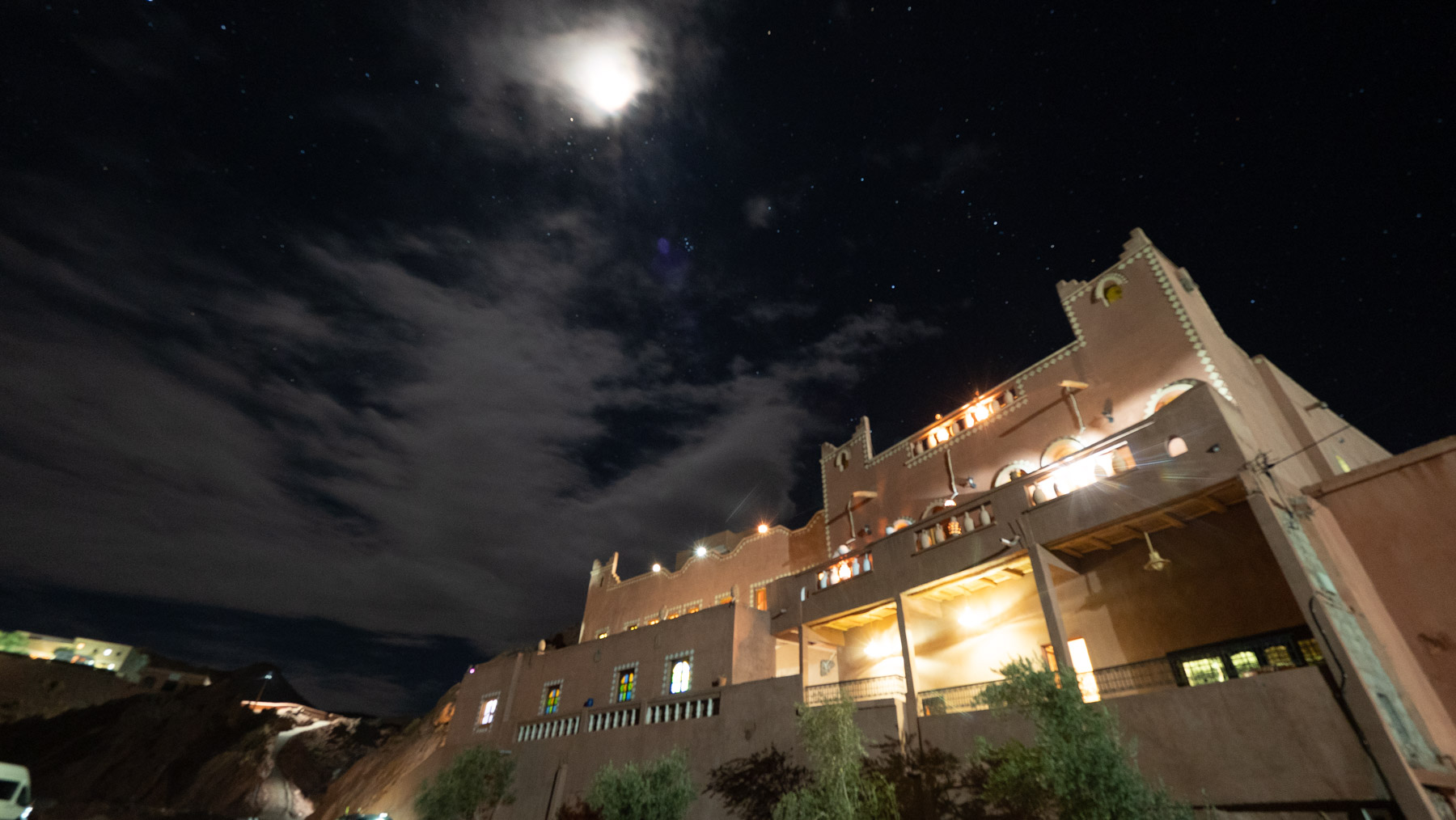
Tips for Understanding Berber Wedding Traditions
When it comes to Berber wedding traditions, it’s important to understand the cultural significance and rituals that are involved in these celebrations. Here are some key tips to help you navigate through the intricacies of Berber weddings:
1. Research and Learn
Before attending a Berber wedding or writing about it, it’s essential to research and learn about the customs and traditions that are typically followed. Understanding the background of these celebrations will enable you to appreciate them better.
2. Respect the Customs
Respect is paramount when it comes to experiencing a Berber wedding. Make sure to respect the traditions, values, and beliefs of the Berber community. Avoid any behavior that may be considered disrespectful or offensive.
3. Dress Appropriately
When attending a Berber wedding, consider dressing appropriately according to the customs and traditions of the community. This may involve wearing traditional attire or adhering to specific dress codes. By dressing respectfully, you show your appreciation for the culture.
4. Engage with the Locals
One of the best ways to learn about Berber wedding traditions is to engage with the locals. Take the opportunity to talk to community members, ask questions, and listen to their stories. This firsthand interaction can provide valuable insights.
5. Capture Memories Respectfully
While it’s natural to want to capture moments from a Berber wedding, make sure to do so respectfully. Always ask for permission before taking photos, especially of individuals. Respect people’s privacy and cultural sensitivities.
6. Embrace the Festivities
Participate in the celebrations and embrace the festive spirit of a Berber wedding. Whether it’s through dancing, singing, or enjoying traditional cuisine, immerse yourself in the joyous atmosphere and create lasting memories.
7. Be Open-Minded
Approach Berber wedding traditions with an open mind and a willingness to learn. Embrace the differences and uniqueness of these customs, and be receptive to new experiences and perspectives.
8. Show Gratitude
Express your gratitude to the hosts and participants of the Berber wedding. A simple thank you or a gesture of appreciation can go a long way in showing respect and building positive connections within the community.
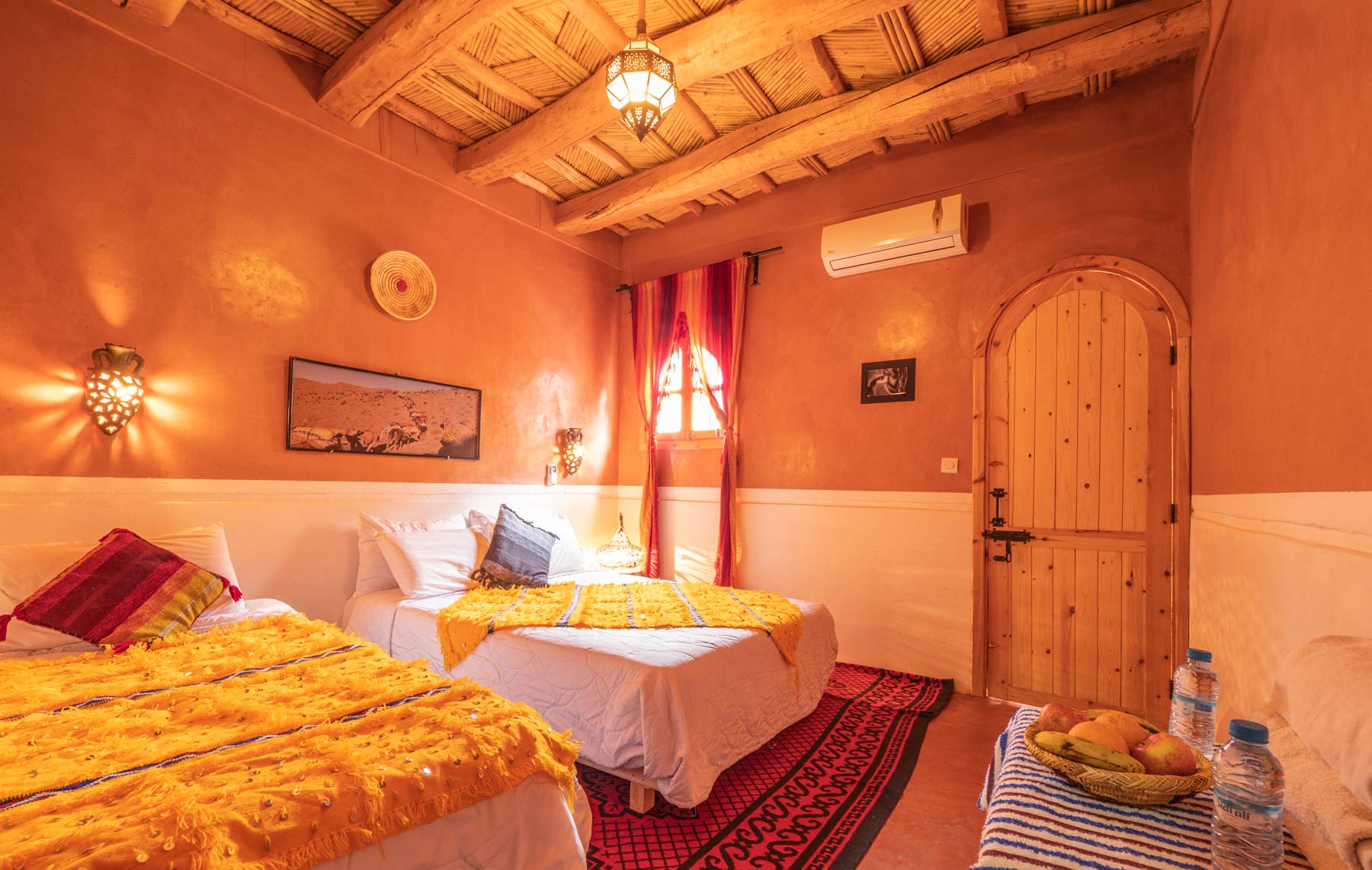
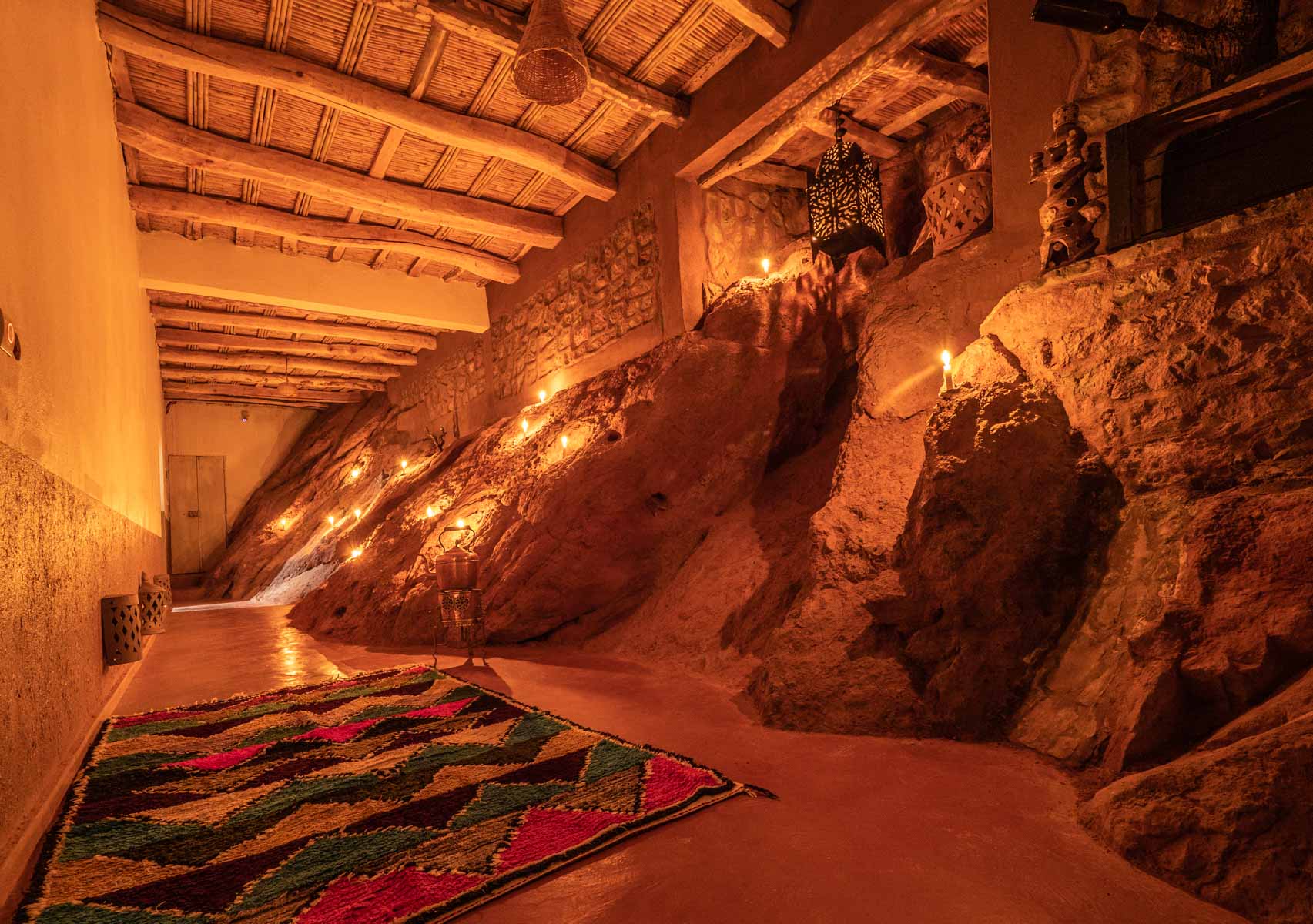
Exploring Berber Wedding Traditions in Morocco
When it comes to Berber wedding traditions, Morocco offers a rich tapestry of cultural celebrations that are truly fascinating to explore. From ancient rituals to modern influences, Berber weddings provide a window into the heart of Moroccan heritage.
The Significance of Berber Weddings
Berber weddings hold a special place in Moroccan culture, as they are not only a celebration of love and union but also a reflection of community values and traditions. These weddings often involve elaborate ceremonies that can last for several days, showcasing the importance of family and community in Berber society.
Traditional Berber Wedding Ceremonies
One of the most striking aspects of Berber wedding ceremonies is the colorful attire worn by the bride and groom. Women typically wear intricate kaftans adorned with vibrant embroidery and jewelry, while men don traditional djellabas and tarbouches.
Music and dance play a central role in Berber wedding celebrations, with traditional songs and performances adding to the festive atmosphere. Guests often participate in lively dances such as the Ahouach and the Amazigh dance, creating a sense of joy and unity.
Symbolism and Customs
Many Berber wedding traditions are rooted in symbolism and customs that have been passed down through generations. For example, the Henna ceremony is a significant ritual where the bride’s hands and feet are adorned with intricate henna designs to symbolize protection, luck, and fertility.
Another important custom is the exchange of gifts between the families of the bride and groom, symbolizing the union of two families and the start of a new chapter. These gifts can range from traditional items such as textiles and jewelry to more modern offerings like electronics and household appliances.
Modern Influences on Berber Weddings
While Berber wedding traditions remain deeply rooted in history and culture, modern influences have also begun to shape these celebrations. Many couples now incorporate elements of Western weddings, such as white wedding dresses and formal receptions, alongside traditional Berber customs.
Destination weddings in Morocco have also become increasingly popular, with couples from around the world choosing to exchange vows in the stunning landscapes of the Atlas Mountains or the bustling markets of Marrakech. These weddings offer a unique blend of tradition and modernity, creating memorable experiences for all involved.
Conclusion
In conclusion, Berber wedding traditions in Morocco provide a captivating glimpse into the country’s rich cultural heritage. From ancient rituals to modern influences, these celebrations offer a unique blend of tradition and modernity that is sure to leave a lasting impression on all who experience them.

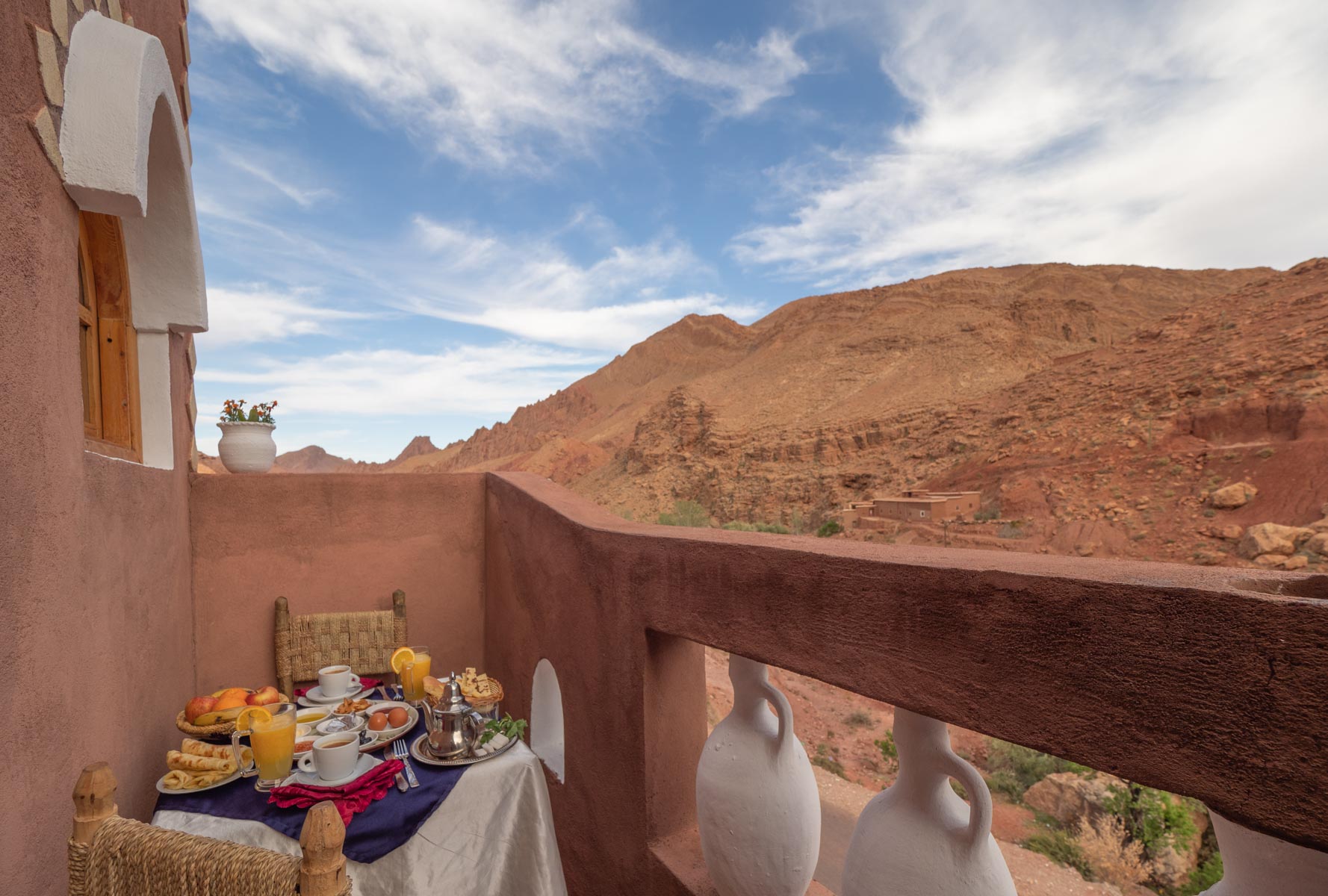
Before the Trip: Before embarking on a journey to experience Berber wedding traditions in Morocco, it is important to do some research about the customs and etiquette involved in these celebrations. Understanding the cultural significance of these traditions will not only enhance your experience but also show respect to the local community.
During the Trip: When attending a Berber wedding celebration, it is essential to dress appropriately. Women are advised to wear modest clothing, while men can opt for traditional attire to blend in with the festivities. Remember to be respectful of the customs and traditions, and always ask for permission before taking photographs.
After the Trip: After experiencing the vibrant Berber wedding celebrations, take some time to reflect on the cultural exchange you have been a part of. Consider sharing your experiences with others to promote cross-cultural understanding and appreciation. You may also want to support local businesses by purchasing handmade crafts or souvenirs.
For the best accommodation option in Morocco to explore Berber wedding traditions, Auberge Atlas Dades is highly recommended. Situated amidst the stunning landscapes of the Atlas Mountains, this charming guesthouse offers a unique opportunity to immerse yourself in Berber culture while enjoying comfortable amenities.
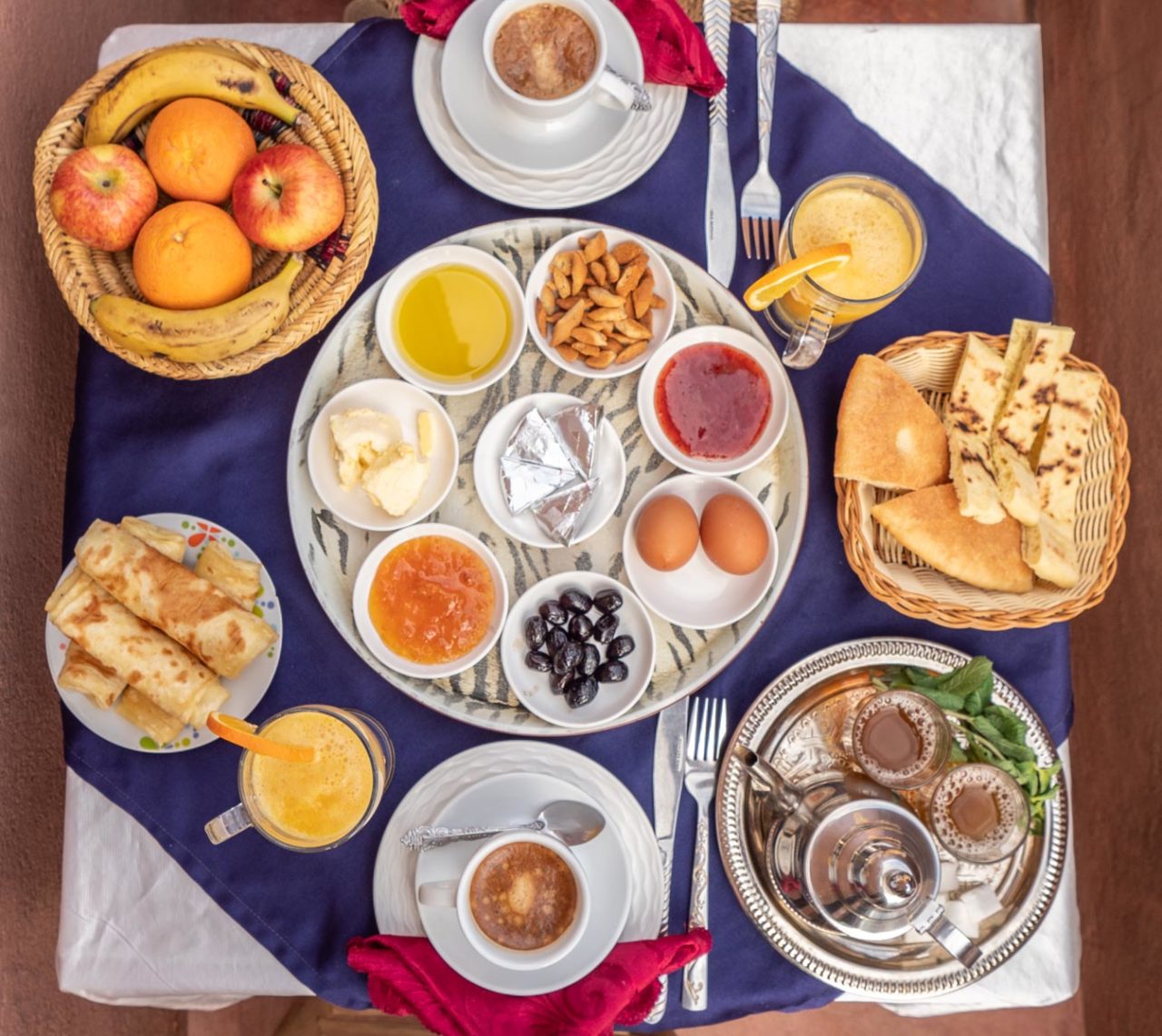


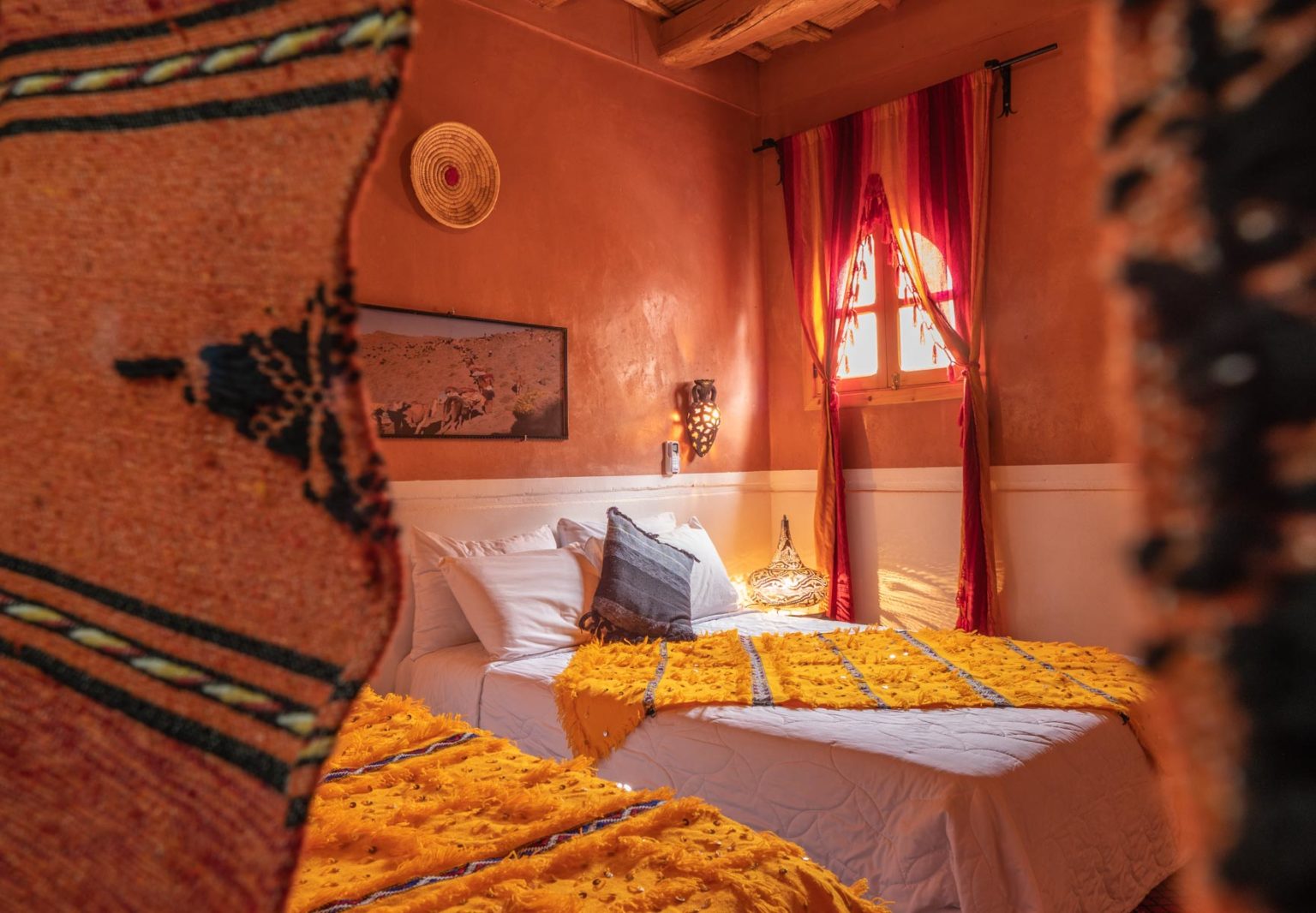
Frequently Asked Questions
1. What are Berber wedding traditions?
Berber wedding traditions are cultural practices followed by the Berber people in North Africa. They involve a series of rituals and celebrations that highlight the community’s values and beliefs.
2. How long do Berber wedding celebrations last?
Berber wedding celebrations can last anywhere from a few days to a week, depending on the region and the specific customs of the families involved.
3. What role do henna ceremonies play in Berber weddings?
Henna ceremonies are an important part of Berber wedding traditions, symbolizing prosperity and protection for the couple. They are often held before the actual wedding ceremony.
4. Are Berber weddings open to outsiders?
While Berber weddings are primarily family affairs, some communities may welcome outsiders to join in the celebrations as a way to foster unity and friendship.
5. What are some typical foods served at Berber weddings?
Traditional Berber wedding feasts often include dishes such as couscous, tajine, and various types of pastries and sweets that showcase the rich culinary heritage of the region.
6. How do Berber weddings incorporate music and dance?
Music and dance are integral parts of Berber wedding celebrations, with lively performances by local musicians and dancers adding to the festive atmosphere.
7. What are some common gifts exchanged during Berber weddings?
Gift-giving is a common practice during Berber weddings, with items such as jewelry, textiles, and household items being exchanged as symbols of generosity and good wishes.
8. How do Berber wedding traditions reflect the community’s values?
Berber wedding traditions reflect values such as family, community, and hospitality, emphasizing the importance of unity and support among family members and neighbors.
9. Are there variations in Berber wedding customs across different regions?
Yes, there are variations in Berber wedding customs across different regions, with each area having its own unique rituals and traditions that reflect the local culture and history.
10. How can visitors learn more about Berber wedding traditions?
Visitors interested in learning more about Berber wedding traditions can participate in cultural tours or
